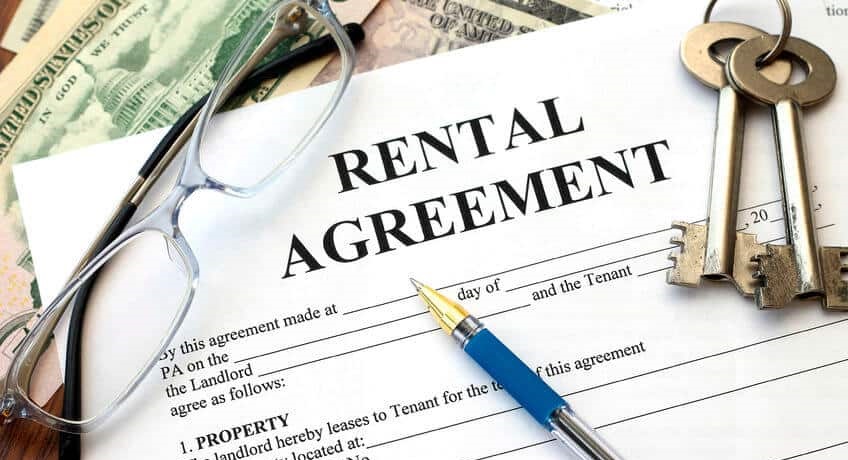A Villa Rental Agreement creates a legal contract between a property owner and a renter. It outlines rental terms, usage conditions, and responsibilities during the rental period. This article highlights the key aspects of a Villa Rental Agreement and shows why both parties benefit from it.

Rental Terms and Use of the Villa
The agreement describes the villa, the rental period, and the rental fee. The renter pays a security deposit and promises to return the villa in good condition. The parties agree that the villa serves only residential or vacation purposes. The contract also sets occupancy limits and rules about pets, smoking, and events. These provisions protect the property and promote proper use.
Maintenance, Repairs, and Insurance
The owner guarantees a habitable villa at the start of the rental. The renter keeps it clean and accepts liability for damages caused by negligence. The owner handles major structural repairs not linked to the renter’s actions. The owner covers insurance for the villa itself, while the renter secures personal coverage.
Fees, Liability, and Default Provisions
The renter pays rental fees and deposits in advance. Late payments trigger penalties. The owner applies the deposit to damages, unpaid utilities, or violations when necessary. If the renter fails to pay or breaks the terms, the owner ends the agreement and claims damages. Liability clauses shield the owner from accidents or losses that occur during the rental period.
Legal Protection and Dispute Resolution
The agreement states the governing jurisdiction. The parties first attempt negotiation or mediation before proceeding to arbitration. Both parties respect confidentiality and protect the personal data exchanged. These measures ensure that the Villa Rental Agreement operates as a clear, reliable, and enforceable contract.
References
has been added to your cart!
have been added to your cart!



